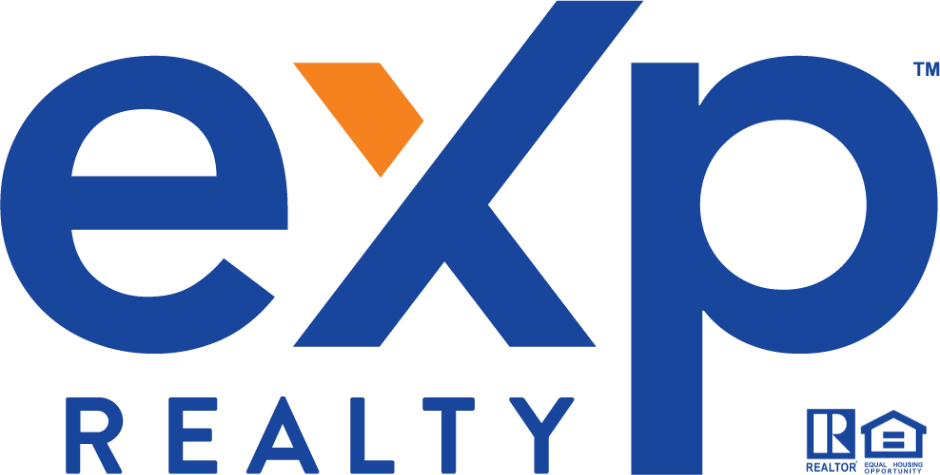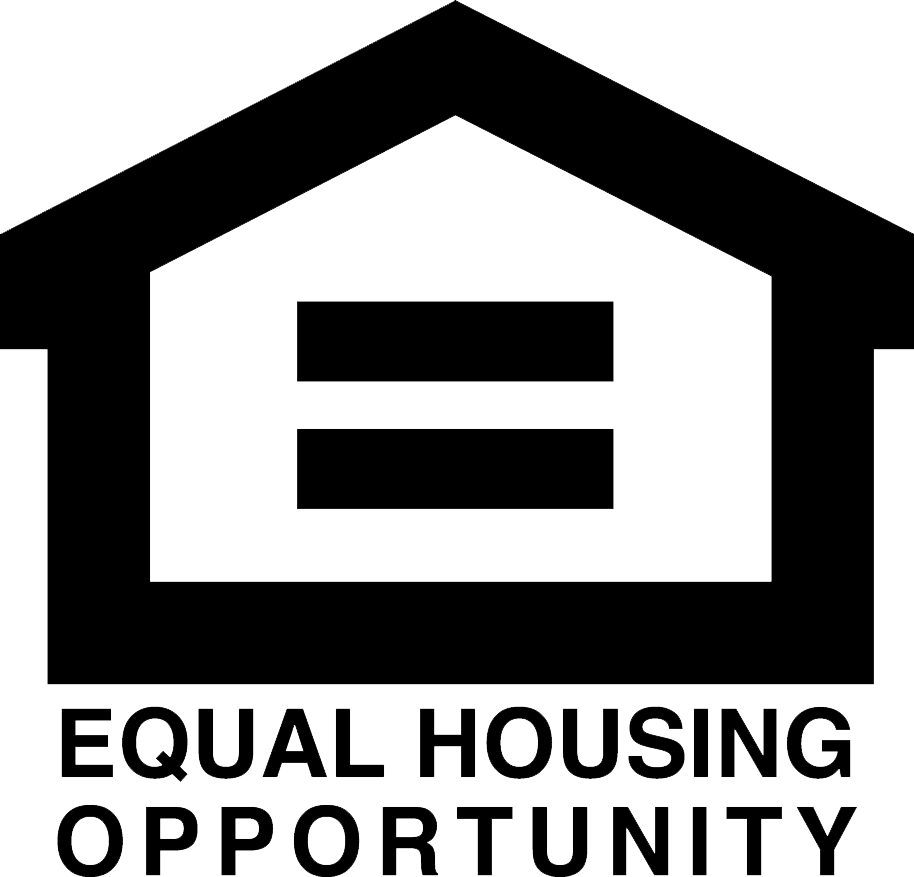Understanding mortgages can really help you get a better grasp of the homebuying process. Take a look at these definitions to better understand at least part of the mortgage world.
Adjustable Rate Mortgage ARM – An adjustable rate mortgage is a mortgage with an initial low interest rate that will go up as market conditions dictate. The loan will have a number of limitations on how many times a year the rate can go up and how much it can be increased over the life of the loan. When the interest rate goes up your monthly payment will go up since the term of the loan is set.
Appraisal – The appraisal on the home will tell you what the estimated value of the home is. This will help you determine if the asking price is a fair one. The appraisal will also help you to determine how much to offer on a home. The appraisal on the home will also determine the amount the bank is willing to lend you. They will usually not lend you more than the appraisal.
Annual Percentage Rate APR – The annual percentage rate is the rate of interest that will be applied to your home. This is the interest rate for the whole year, not just for a month.
Balloon payment – A balloon payment is the balance of the loan that is due at the end of the loan. Interest only loans often have balloon payments. Construction loans do, as well. When you take out this type of loan, the bank expects you to either pay off the entire loan or to refinance by time the loan is due.
Collateral – The collateral on the loan is what the bank can collect if you default on the loan. For a mortgage, your collateral would be your home. For a car loan, it would be your car.
Down Payment – The down payment is the amount that you pay towards the home out of pocket. Most mortgage companies like to see between ten and twenty percent of the value of the home as a down payment. You may qualify for a down payment of as little as three percent if you can get a Fannie Mae loan.
Fixed-rate mortgage – A fixed-rate mortgage is a mortgage that has the same interest rate through the entire life of the loan. This is the same mortgage definition as a traditional mortgage. You do not need to worry that your payment will increase if you have a fixed rate mortgage.
Foreclosure – A foreclosure is the process the bank goes through when someone stops paying on the home. The bank will take the home back from the homeowner, and require that the person who borrowed the mortgage moves out. After the bank sells the home, they can ask you to pay the remaining balance on your mortgage.
Homeowner’s Insurance – Homeowner’s insurance will protect you from theft, fire and other damage. This mortgage terminology is often confused with PMI or Private Mortgage Insurance. If you have a mortgage, you must have a Homeowner’s insurance policy.
Principal – The principal on the loan is the amount that you originally borrowed. When you pay on the principal, you are putting extra money towards the amount you owe, and not paying any of the interest.
Private Mortgage Insurance PMI – Private mortgage insurance is required for lenders who do not put down twenty percent on their home. It protects the bank if you were to default on the loan. It does not protect the borrower, even though you are the one paying for it. It is not the same as homeowner’s insurance.
Short Sale -A short sale is when you try to sell the home for less than you owe on the mortgage. The mortgage company will agree to allow you to do this, and may either forgive the remaining balance or ask you to pay on the difference.
Term – The term of the loan is the length of the loan. You can have a ten, fifteen or thirty year mortgage.
If you are planning to sell your home, let The Incorvaia Team make the process as easy as possible for you. Call us today!



